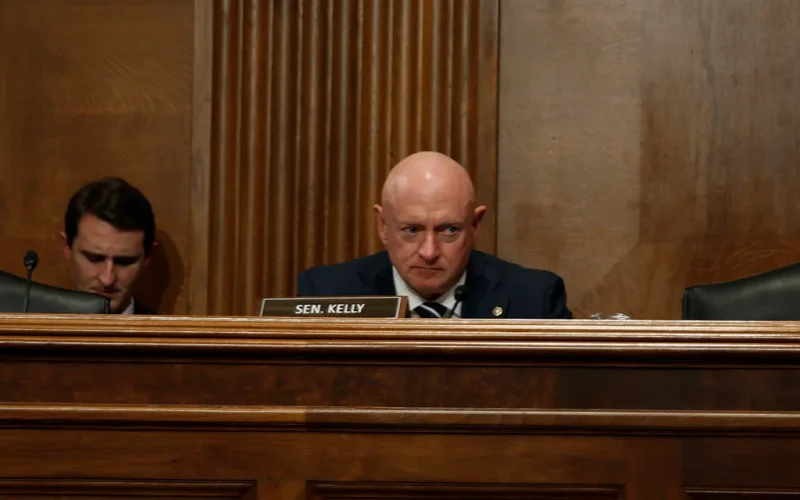In 2002, Arizona voters overwhelmingly rejected a proposal allowing slot machines and table games at race tracks. Voters also narrowly approved Proposition 202 that year, which set the stage for the current exclusive tribal gaming environment in Arizona.
Prop. 202 led to the Indian gaming compacts under which Arizona tribes operate casinos. In general, the compacts outline the number of slot machines, table games and casinos each tribe can have, where gaming can and cannot occur and the percentage of gaming revenue each tribe gives to the state annually.
The agreements, according an Arizona Department of Gaming January 2015 report, have provided more than $1 billion to the state and local municipalities for schools, hospitals and trauma centers, wildlife conservation, tourism since 2004. Contributions by all gaming tribes in Arizona total approximately $100 million per year.









